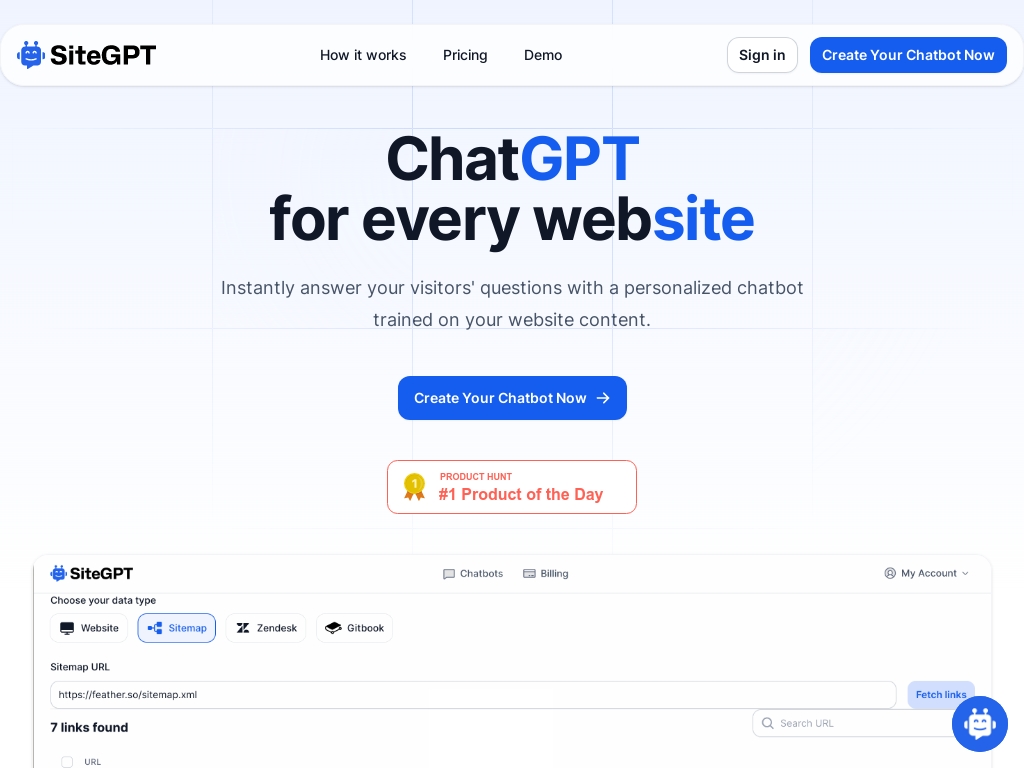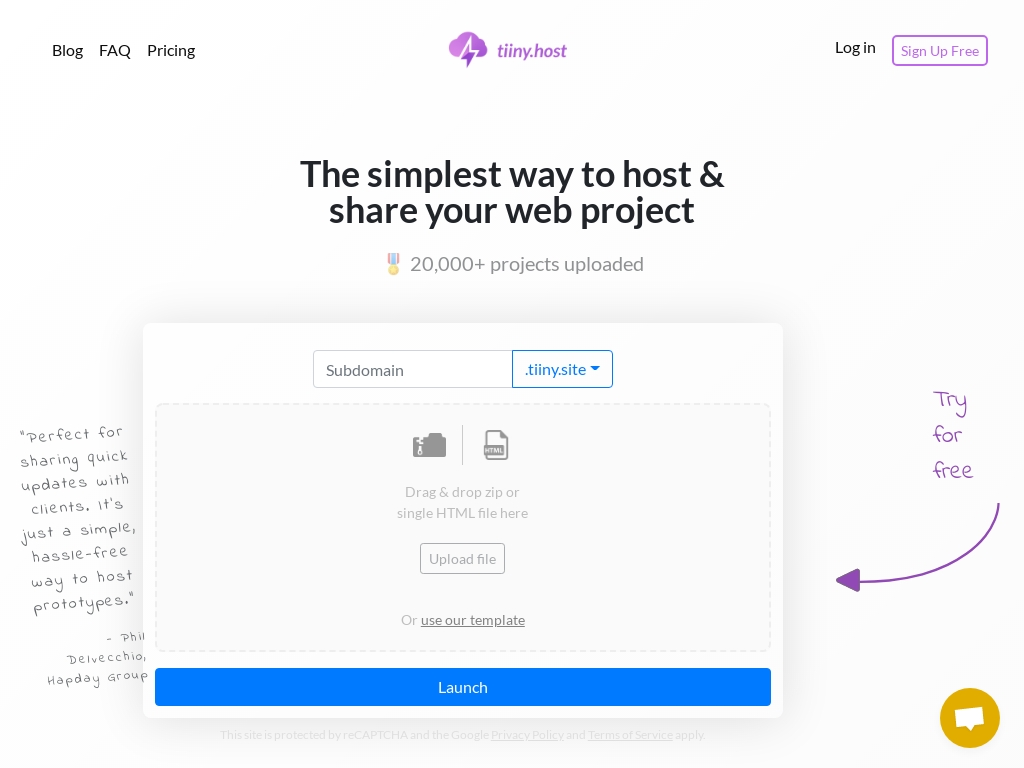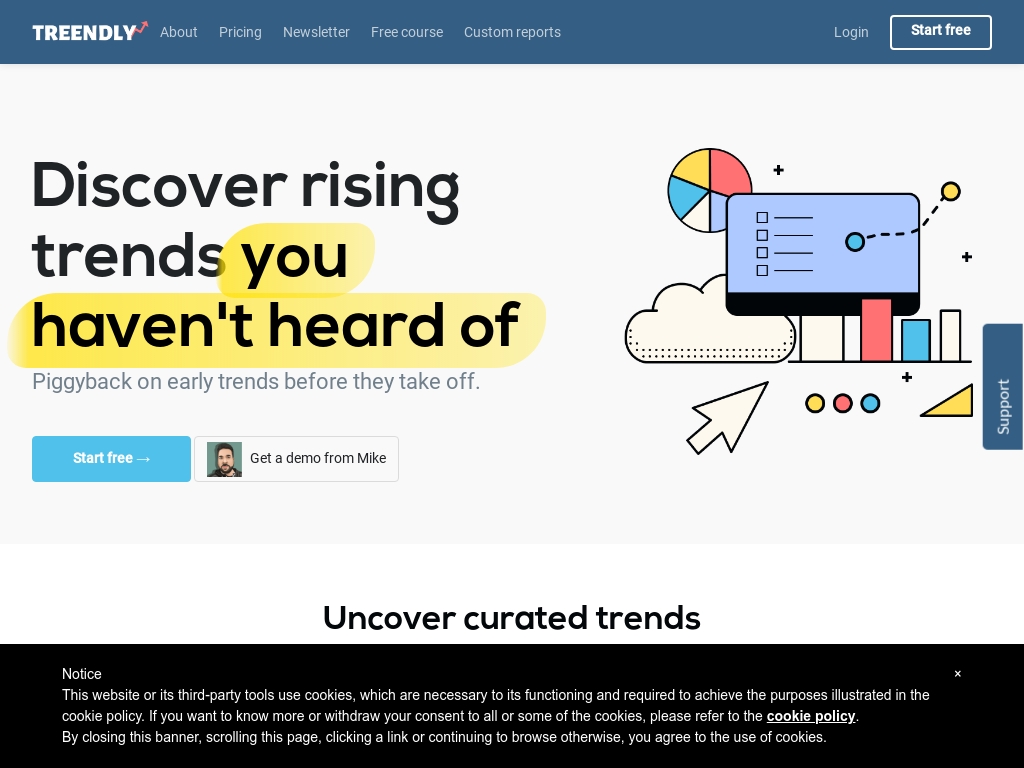
How Three Founders Scaled Flywheel into a Major WordPress Hosting Provider
Who is Dusty Davidson?
Dusty Davidson, the co-founder of Flywheel, is a seasoned entrepreneur with a background in technology and software engineering who hails from Omaha, Nebraska. Throughout his career, Davidson has been involved in various ventures, including Silicon Prairie News and Triple Seat, actively contributing to the local tech community before establishing Flywheel in 2012.
What problem does Flywheel solve?
Flywheel makes WordPress hosting easy for designers and agencies, letting them focus on creativity instead of complex technical issues and security hassles. Many creative professionals choose Flywheel because dealing with web hosting can be a headache; Flywheel turns it into a straightforward, stress-free part of their workflow, helping them concentrate on what they do best.
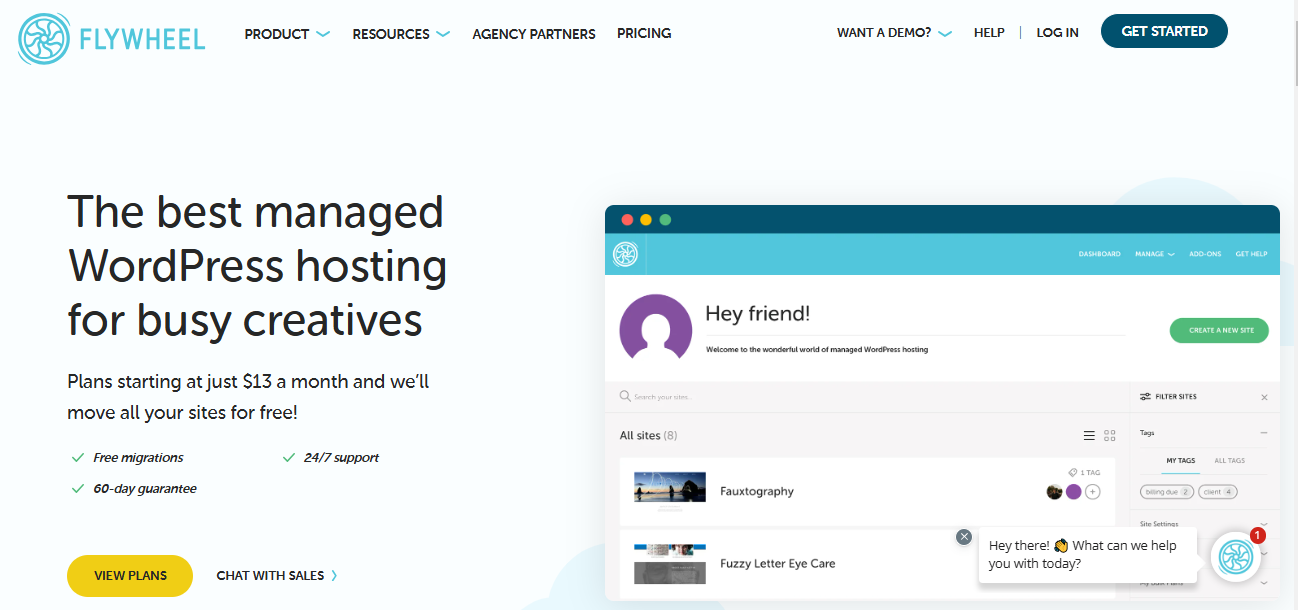
Flywheel Homepage
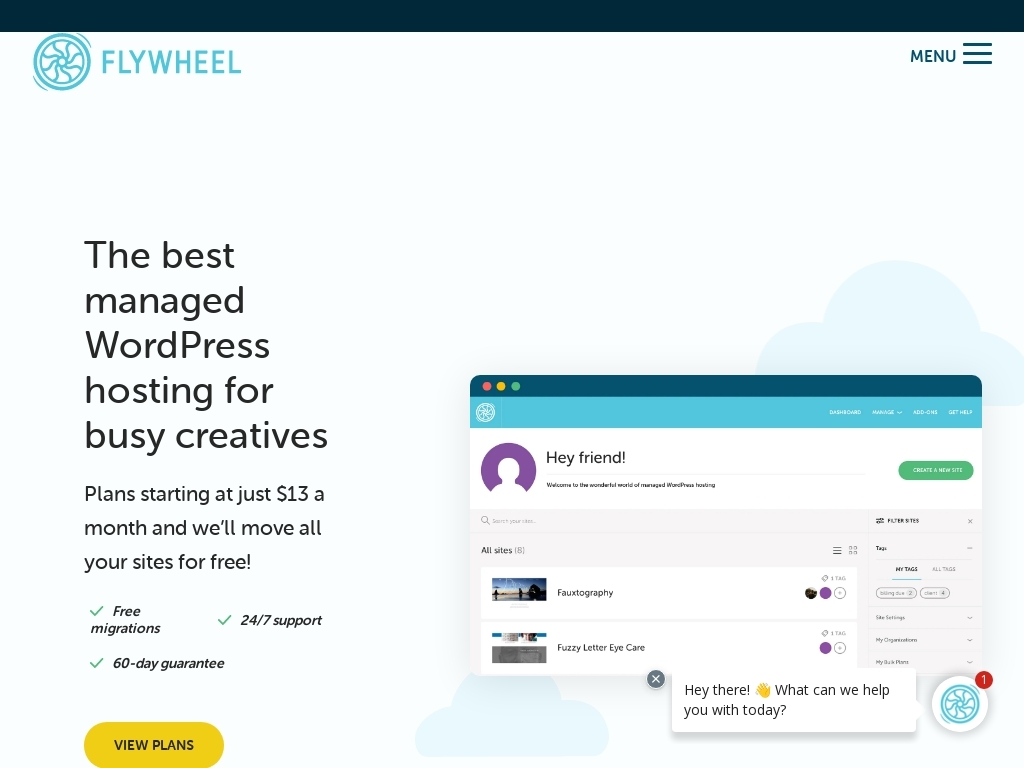
How did Dusty come up with the idea for Flywheel?
Before starting Flywheel, Dusty Davidson and his co-founders, Tony Noecker and Rick Knudtson, spent years building WordPress sites, which gave them first-hand experience of the difficulties in managing web hosting for creative professionals. The idea for Flywheel was sparked by their collective frustrations with existing hosting solutions, which were overly technical and not tailored to the needs of designers and agencies.
The founders saw a gap in the market for a hosting service that was both specialized and user-friendly, aligning perfectly with WordPress's growing popularity among creatives. To validate their idea, they engaged directly with potential users through countless phone calls, which helped them refine their product offerings based on real-world feedback. This iterative process allowed them to understand their customers' unique pain points and tailor Flywheel's services specifically to address those needs.
Despite the challenges of raising venture capital in Omaha, Nebraska, their focus on building a strong product and culture paid off. This experience taught them the importance of perseverance and listening to their community, which became central to Flywheel's success. From these early lessons, they learned that solving a genuine problem, close alignment with user needs, and a shared vision are key to creating a business that stands out in a competitive market.
How did Dusty Davidson build the initial version of Flywheel?
Flywheel was built out of the founders' frustrations with existing web design and development workflows. The co-founders, Dusty Davidson, Tony Noecker, and Rick Knudtson, who all had backgrounds in web development, spent approximately a year developing the platform from scratch in 2012. They utilized their knowledge of WordPress and focused on creating a hosting environment that was optimized for designers, freelancers, and agencies. The development process was hands-on, as they built Flywheel to cater to their specific needs. They faced challenges such as managing technical complexities and time constraints, but their proactive approach allowed them to iterate effectively. Flywheel quickly became known for its ease of use and specialized features tailored to its creative user base, setting a new standard in managed WordPress hosting.
What was the growth strategy for Flywheel and how did they scale?
Phone Calls
In the early days of Flywheel, the co-founders made 100 phone calls a day to reach potential and existing customers. They relied heavily on these direct calls as a primary way to understand customer needs and build relationships, leveraging their backgrounds in web development.
Why it worked: Personal interaction allowed them to effectively pitch their unique managed WordPress hosting features and gain insights from customers on how to improve their service. This hands-on approach was crucial in securing their initial customer base.
Referrals and Networking
Flywheel's growth was significantly bolstered by local networking and personal referrals. The co-founders attended conferences and community events, forming relationships with other builders and influential figures in the Omaha community. This personal engagement was essential for their reputation and customer growth.
Why it worked: The power of a strong community network opened doors to valuable partnerships and investor opportunities, creating a supportive ecosystem that nurtured Flywheel's growth. Personal endorsements and word-of-mouth remain an effective way to attract new customers.
Sponsorships and Partnerships
Flywheel actively sponsored WordCamps and engaged with the broader WordPress community. They positioned themselves as champions of the platform, focusing on contributions and sponsorships to increase their presence and reliability in the community.
Why it worked: Sponsoring WordCamps demonstrated commitment and helped build trust within the WordPress community. This targeted visibility aligned them with their customer base of designers, agencies, and developers, enhancing brand credibility and attracting more customers.
Culture and Team Investment
Flywheel focused on building a strong company culture, ensuring the recruitment and retention of talented individuals. They understood that nurturing their team would lead to better service, innovation, and satisfied customers, driving sustainable growth.
Why it worked: Investing in culture and talent attracted the best people who produced high-quality products and delivered excellent customer service. This focus on strong company values not only improved product quality but also engendered customer loyalty, fueling long-term growth.
What's the pricing strategy for Flywheel?
Flywheel prices its managed WordPress hosting plans ranging from $13/month for the "Tiny" plan to $105/month for the "Freelance" plan, with a 14-day free trial option.
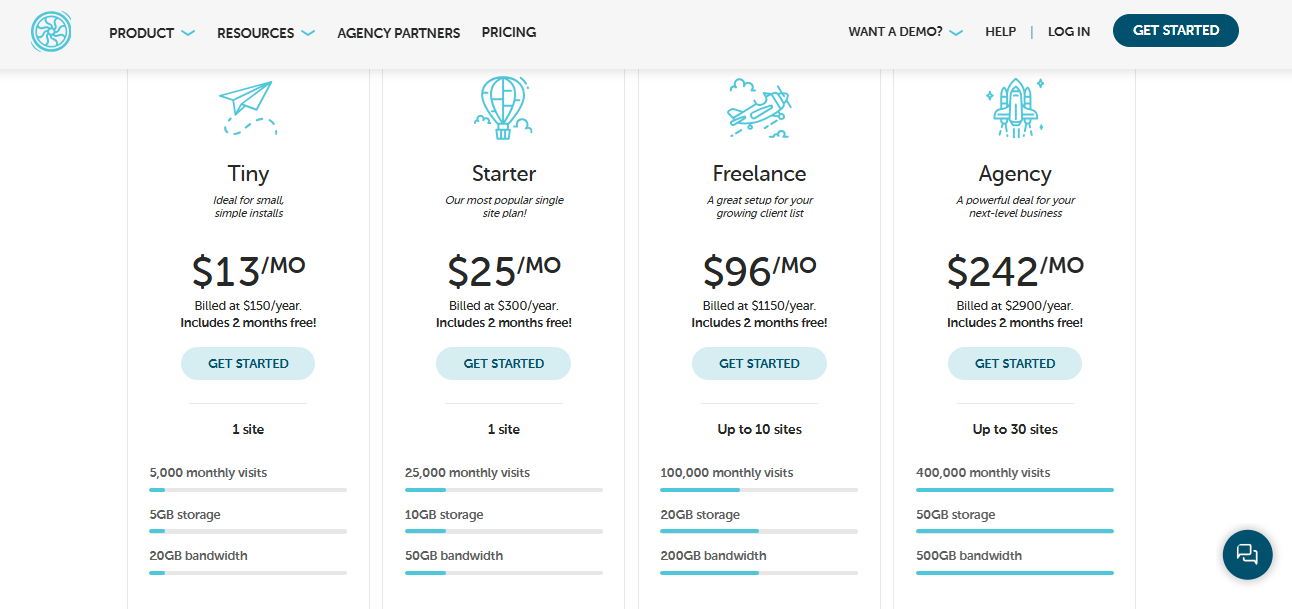
WordPress Pricing
What were the biggest lessons learned from building Flywheel?
- Hustle and Persistence: The Flywheel founders made thousands of phone calls themselves to understand customer needs and market fit. This taught them that success often requires doing the unglamorous, hard work.
- Build a Strong Culture Early: Flywheel's growth was attributed not just to its product but also to the culture it cultivated. Investing in a positive, transformative culture from the start helps in building a sustainable business.
- Adapt and Learn: Flywheel learned over time the importance of specific roles, like realizing they needed a sales leader earlier. Flexibility and learning from early missteps were crucial to their success.
- Overcome Funding Challenges: Initially, Flywheel struggled to secure venture capital in the Midwest but eventually found partners. This highlighted the importance of perseverance and proving regional potential to skeptical investors.
- Plan for the Long-Term: Despite many buyout offers, Flywheel maintained a strategy-focused approach, waiting for a partnership that aligned with their long-term goals, illustrating the value of strategic patient growth.
Flywheel Acquisition: How much did Flywheel sell for and what was the acquisition price?
Flywheel, a WordPress hosting firm, was acquired by WP Engine in June 2019.
Discover Similar Business Ideas Like Flywheel
|
|
Idea
|
Revenue
|
|---|---|---|
|
PDFShift
|
HTML-to-PDF conversion API service.
|
$8.5K
monthly
|
|
SiteGPT
|
AI chatbot trained on your website content.
|
$15K
monthly
|
|
Hallow
|
"Catholic prayer and meditation app fostering faith growth."
|
$278K
monthly
|
|
tiiny.host
|
Static website hosting made simple for everyone.
|
$15K
monthly
|
|
Studio Wombat
|
WooCommerce plugin developer for enhanced e-commerce features.
|
$15K
monthly
|
|
Treendly
|
Trend-spotting platform for untapped market insights.
|
$1K
monthly
|
|
ScreenshotOne
|
API for capturing website screenshots easily.
|
$2.2K
monthly
|
More about Flywheel:
Who is the owner of Flywheel?
Dusty Davidson is the founder of Flywheel.
When did Dusty Davidson start Flywheel?
2012
What is Dusty Davidson's net worth?
Dusty Davidson's business makes an average of $/month.
How much money has Dusty Davidson made from Flywheel?
Dusty Davidson started the business in 2012, and currently makes an average of .

Download the report and join our email newsletter packed with business ideas and money-making opportunities, backed by real-life case studies.

Download the report and join our email newsletter packed with business ideas and money-making opportunities, backed by real-life case studies.

Download the report and join our email newsletter packed with business ideas and money-making opportunities, backed by real-life case studies.

Download the report and join our email newsletter packed with business ideas and money-making opportunities, backed by real-life case studies.

Download the report and join our email newsletter packed with business ideas and money-making opportunities, backed by real-life case studies.

Download the report and join our email newsletter packed with business ideas and money-making opportunities, backed by real-life case studies.

Download the report and join our email newsletter packed with business ideas and money-making opportunities, backed by real-life case studies.

Download the report and join our email newsletter packed with business ideas and money-making opportunities, backed by real-life case studies.

